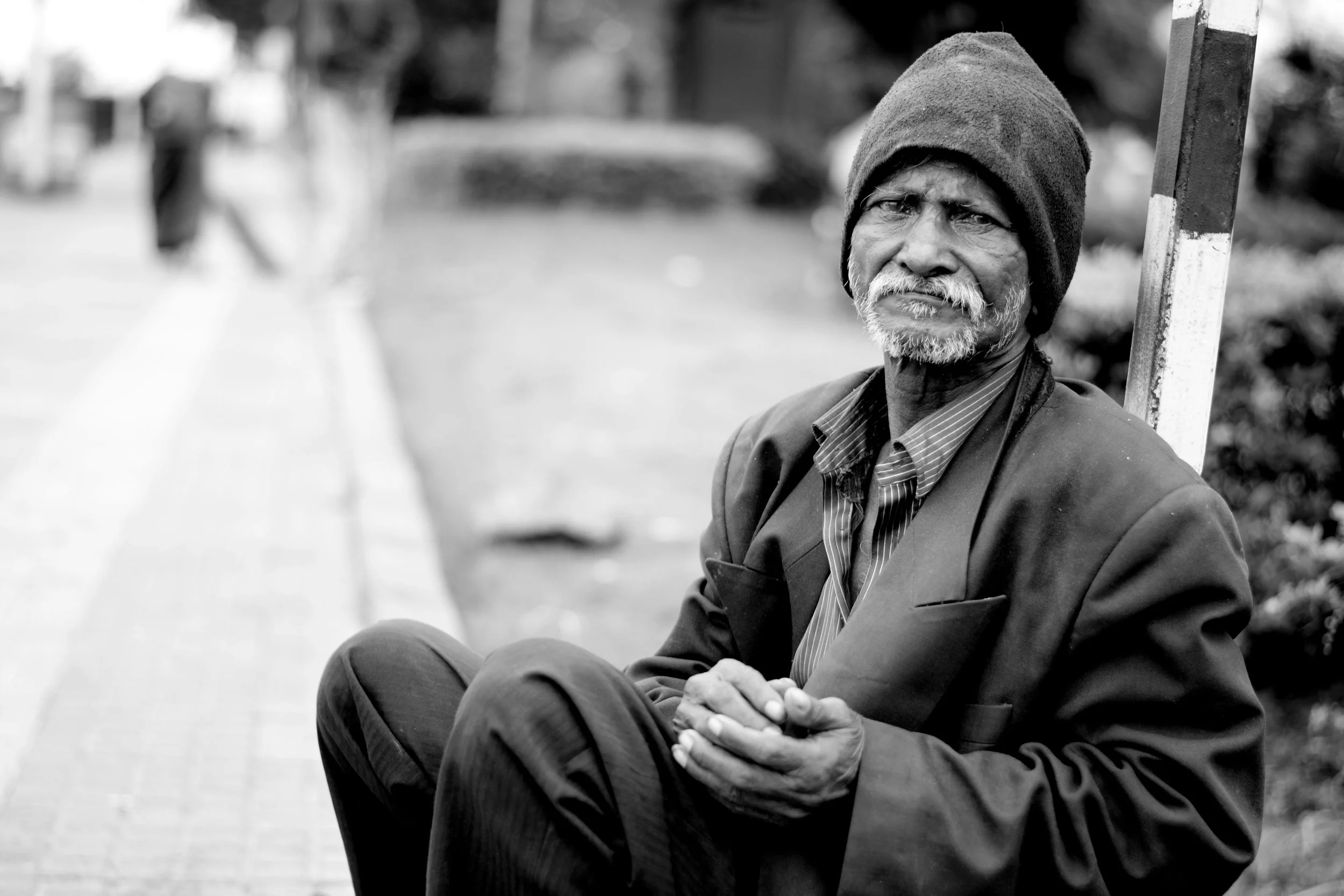Study Reveals Persistent Poverty in the UK and Growing Inequality
A recent study by the Centre for Social Justice, an independent think tank, has highlighted the enduring poverty and increasing inequality in the United Kingdom, particularly among the poorest sections of society. The 300-page report, released on Sunday, emphasises a "yawning gap" between those who can get by and those stuck at the bottom.
Key Findings:
Stagnant Economic Conditions: The study indicates that the poorest people in the UK are not better off than they were 15 years ago, with economic stagnation making it harder to combat poverty. Inequality is very high in one of the world's wealthiest economies.
Two Halves of the Nation: The report characterises the nation as "two halves," with an average population managing to get by while another group faces challenges such as broken families, poor physical and mental health, living in dangerous neighbourhoods, and workplace obstacles.
Risk of Victorian-Era Inequality: The think tank expresses concern that the UK might "slip back into the two nations of the Victorian era," which was characterised by a widening gap between an affluent society and a poor underclass. The Victorian era was known for extreme social and economic inequality.
Entrenched Poverty: Poverty is reported to be "entrenched" in modern Britain, with financial issues being just one aspect. Breakups in families, drug abuse, unemployment, personal debt, and poor school performance are identified as significant contributors to poverty.
Impact of Austerity Policies: More than a decade of Conservative austerity policies are cited.
This is a factor that has made it harder for the poorest parts of the country's economy; the study suggests that rising crime rates may be connected to austerity policies, as police find it challenging to patrol neighbourhoods and the criminal justice system faces slowdowns.
Work and Insecurity: The report highlights the challenges faced by those on Universal Credit, with 38% of recipients also working. However, the study notes that many of these jobs are unsafe and of low quality, leading some individuals to question the value of working compared to the stability of benefits.
Impact of Pandemic Lockdowns: The study suggests that pandemic lockdowns exacerbated the leading causes of poverty and had a "catastrophic effect on the nation's social fabric." It points out a 700% increase in calls to domestic violence hotlines and a rise in mental health problems among young people.
Warning by Experts: Mervyn King, a former governor of the Bank of England, and others have warned that "Britain is broken," and the gap between the affluent and the disadvantaged is at risk of becoming a chasm.
The findings of this study underscore the persistent challenges faced by the UK in addressing poverty and inequality. Economic conditions, austerity policies, and the impact of the COVID-19 pandemic have contributed to a situation where a significant portion of the population continues to struggle. The study calls for urgent attention to these issues to prevent further widening the gap between different segments of society.

